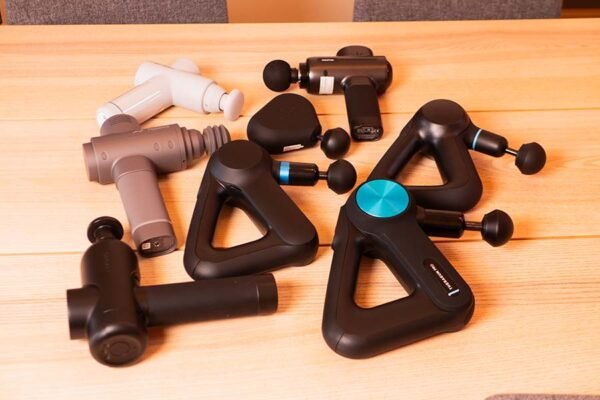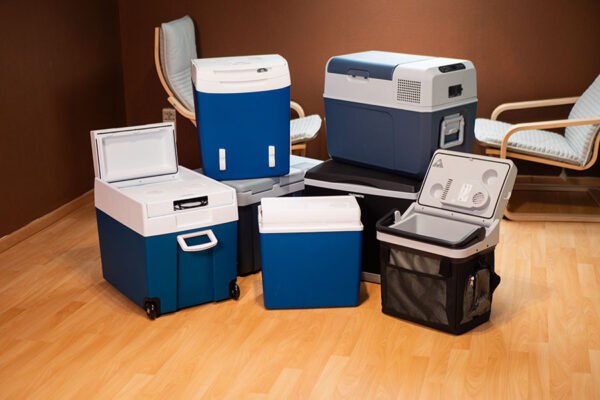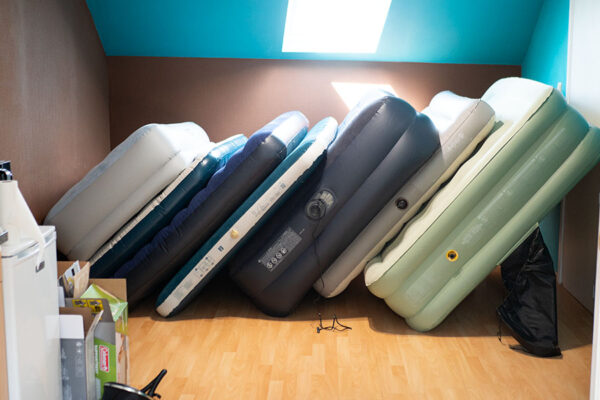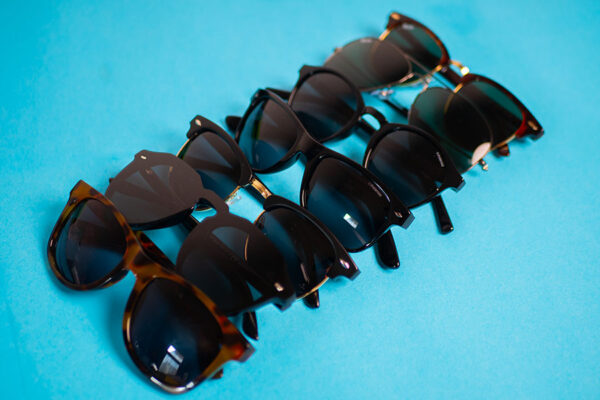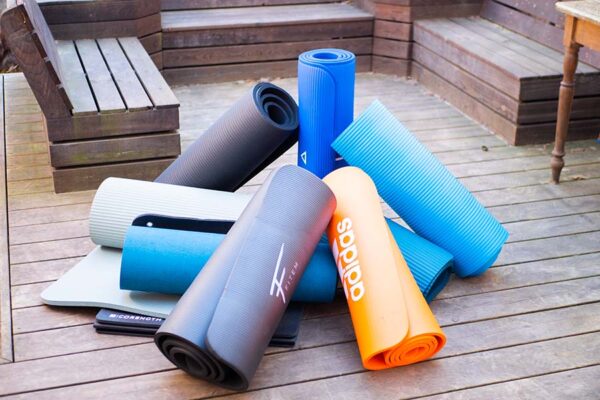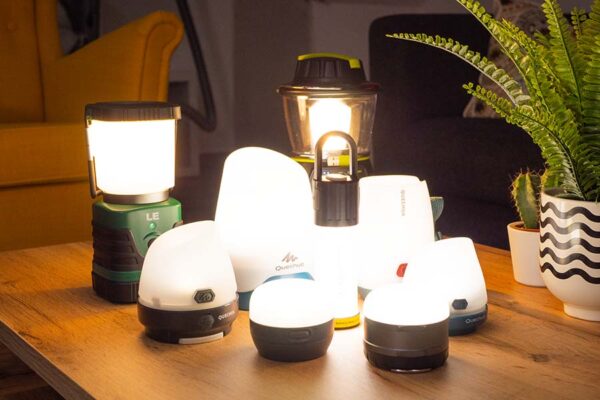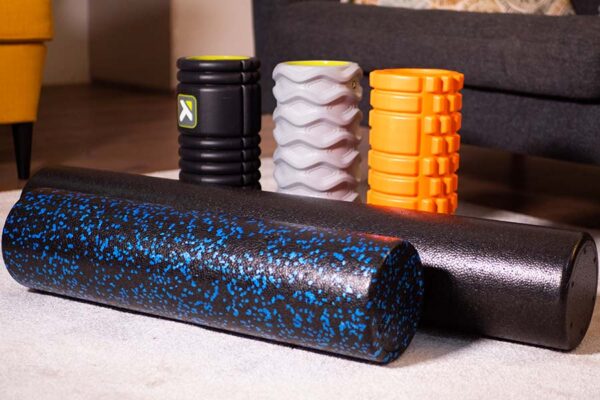Updated on 9 February 2023
Foodspring (150 g)
Its vegetal origin and its pure, additive-free formula are two assets that explain its popularity on the market. Despite the often higher price, Foodspring always focuses on healthy products.
£ 9.99 on Foodspring
Of vegetal origin, this authentic creatine monohydrate benefits from a pure quality composition, without colouring, preservatives, gluten and soya, thus limiting the risks of allergy. To consume it, you need to add 5 g to 200 ml of water (juice, tea, etc.). Its taste is neutral, as is its smell. It has an effect on your performance, but also on your muscle development. It is made in Germany and is available in 150g jars or capsules. During our test, we appreciated the presence of a measuring cap to better calibrate our mixtures. However, this formula comes at a higher price.
MyProtein (500 g)
Laboratory-certified, this natural creatine monohydrate has a particularly attractive long shelf life. It is available in different formats.

Certified by Labdoor, this pure and natural creatine prepares your body before training and focuses on physical recovery. Although it is a little more difficult to digest (at least in our case), it offers surprisingly good results. In addition, its packaging is extremely practical as, when properly sealed, it allows the creatine to be stored for a long time. We only have one drawback, and that is its poor miscibility in hot drinks, as many particles remained at the bottom of the glass.
Its safe and natural composition respects the health of the consumer and provides quick results. In addition, it mixes perfectly and its sachet guarantees an excellent conservation. Xtraze (500 g)
This pure German quality creatine monohydrate offers a 100% natural vegan composition, without lactose, unnecessary additives, pesticides, GMOs or other harmful substances or allergens. It also complies with the HACCP concept, ensuring food safety for the consumer. Thanks to the included measuring cap, each 3.4 g dose of powder can be easily mixed into 250 ml of water, juice or other beverage. After use, the sachet closes tightly for better storage. Buyers report visible results in the energy delivered to the muscles.
Our selection
| Our choice, Best high-end | Best Budget | Best mid-range |
|---|---|---|
 |  |  |
| Foodspring (150 g) | MyProtein (500 g) | Xtraze (500 g) |
| Its vegetal origin and its pure, additive-free formula are two assets that explain its popularity on the market. Despite the often higher price, Foodspring always focuses on healthy products. | Laboratory-certified, this natural creatine monohydrate has a particularly attractive long shelf life. It is available in different formats. | Its safe and natural composition respects the health of the consumer and provides quick results. In addition, it mixes perfectly and its sachet guarantees an excellent conservation. |
| £ 9.99 on Foodspring | £ 16.90 on Amazon | £ 16.95 on Amazon |
Selectos compares and tests hundreds of products to help you buy better. We sometimes receive a commission when you buy through our links, which helps fund our work. Learn moreWhy trust us ?
How did we do the tests?
It is difficult to give an opinion on the real efficiency (in terms of performance) of each creatine, as the effects are only felt after several months of consumption. For this reason, we have mainly focused our observations on creatine type, miscibility, taste and digestion.
To do this, we consumed the products before starting an intense physical training session. We took care to mix them in various types of drinks: pure water, cold drinks (whey, apple juice, etc.) and hot drinks (mainly tea). Subtle differences in miscibility and digestion were observed.
How to choose your creatine?
Creatine plays an essential role in muscle fibres as it provides them with more energy. It serves to boost your performance, improving strength and power but also helping to build mass and favouring better recovery. It is therefore useful to accompany intensive daily training sessions.

With so many nutritional powders on the market, here are some criteria you should consider before buying:
- Type of creatine: creatine monohydrate is an effective way to improve your energy without spending too much money. It is the most scientifically proven. The rarer buffered (or alkaline) creatine advocates a better digestion and ingestion in the muscles. Creatine hydrochloride must be taken in smaller doses but has a beneficial effect on digestion. Lastly, creatine nitrate is just as qualitative as monohydrate and requires fewer doses.

- Composition: creapure is of a higher quality because it is purer. It combines glycine, arginine and methionine. These three antioxidants guarantee the fight against cell ageing and thus ensure the recovery and proper functioning of the muscles. Others add a few ingredients, such as sucralose, to improve the taste. Some are suitable for vegetarians and vegans.

- Taste: most creatines are plain and unflavoured. If the taste is mixed with water, this absence of flavour is very practical: you can mix it with drinks, such as fruit juice or other protein shakes, where it does not alter the taste. This avoids the presence of sweeteners or additives that can be found in whey, BCAAs, gainers or pre-workout shakes.

- Miscibility: this defines the texture. As mentioned above, creatine can be mixed with many drinks. Lumps and foam must disappear to achieve good dilution of the product. A micronised powder has smaller particles and is therefore easier to dissolve. Note that most particles tend to settle to the bottom of the glass with water.

- Digestion: in order not to damage your digestive system, we advise you to respect the indicated daily doses. Creatine must be taken in conjunction with sports and should not be taken all year long. If you take too much, you may experience adverse effects such as diarrhoea.

- Use: this is a matter of when to take it. It can usually be taken before, during and after training. Before, it increases your performance during short, intense sessions. Conversely, after, it acts on recovery. Although it is very popular among bodybuilders, it is also effective for all types of sports and all types of athletes.
Other creatine we recommend
HSN Creatine Monohydrate (£51.80 / 500 g when published) : Another healthy and effective solution. This unflavoured creatine monohydrate is 100% pure as it contains no additives, GMOs, sugars, flavourings, preservatives or colourings. It is also verified by laboratories. The absence of gluten and lactose also limits the risk of allergies. It is easy to dilute and mix with your favourite drink. It is also effective in terms of energy, endurance, strength and overall sports performance.
Other creatines we tested
Scitec Nutrition 100% Creatine Monohydrate (£94.60 / 300 g when published): Presented in an attractive packaging, it can be stored for a long time and dissolves perfectly in various drinks. However, it is not micronised and contains gluten and soya, which may cause allergies in some sensitive people.
Optimum Nutrition Micronised Creatine Monohydrate (£119.60 / 317 g when published): It is miscible and its neutral taste is compatible with all our favourite drinks. We digested it easily, but the presence of gluten and soya can cause allergies. The price is also a bit excessive.
The Protein Works creatine monohydrate: Not available.
Aptonia Creatine: Not available.
BSN Creatine: Not available.
PBN Mono Creatine: Not available.
Translated by Selectos


